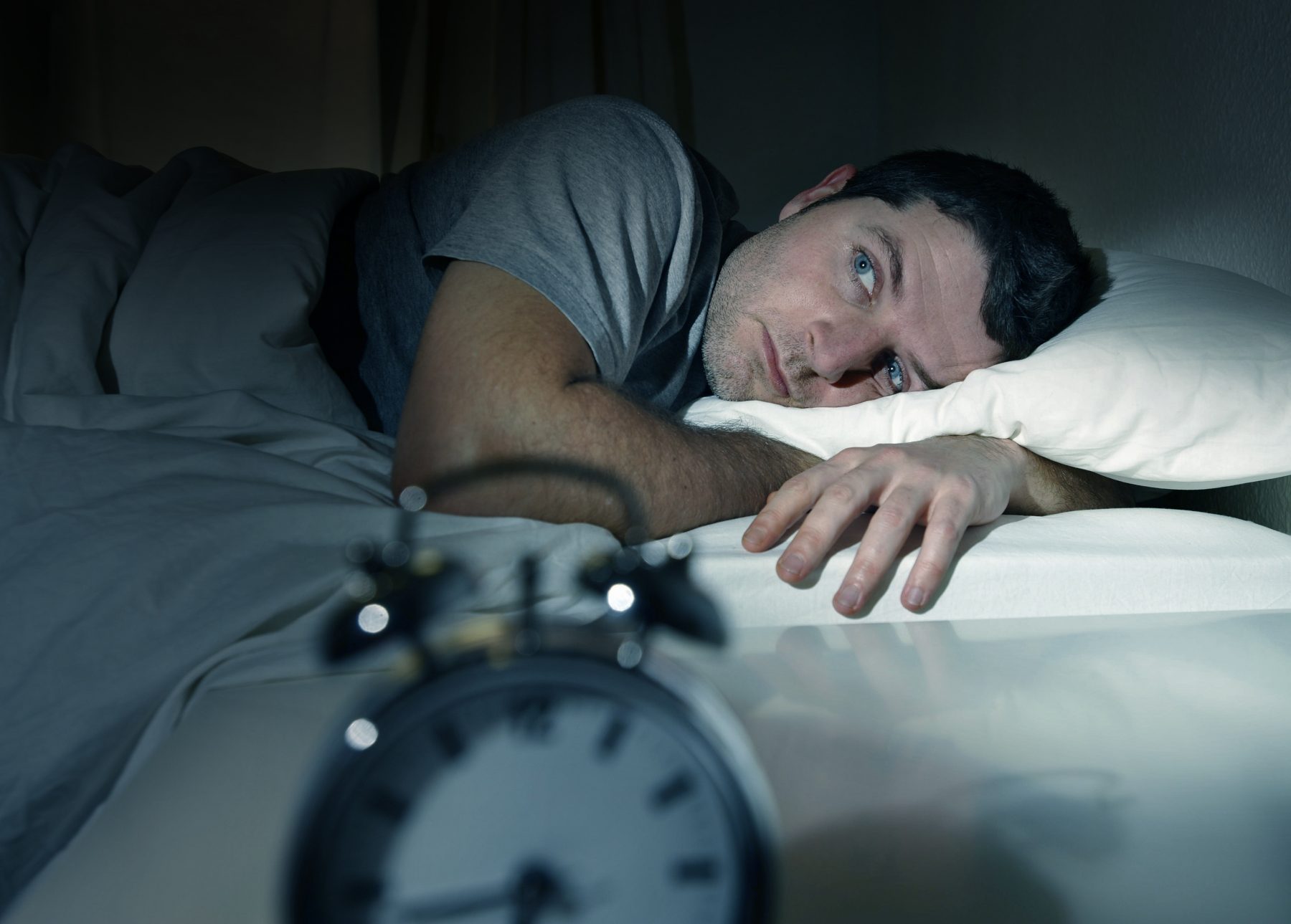
Ep 49: What Is Insomnia?
Do you have trouble falling asleep or staying asleep? You’re not alone! More than 30% of the population suffers from insomnia.
In today’s episode, Dr. Agolli & Dr. Burdette discuss:
- What is Insomnia?
- What causes insomnia?
- What are the symptoms of insomnia?
- What are the types of Insomnia?
- What are natural treatments to help combat insomnia?
Not getting enough sleep can have damaging effects on both your physical and mental health. Sleep is important for a number of brain functions, including how nerve cells communicate with each other. During sleep, your body is working to support healthy brain function and maintain your physical health. Sleep also plays a housekeeping role that removes toxins in your brain that build up while you are awake.
There are typically five phases of sleep: stages 1, 2, 3, 4, and REM (rapid eye movement) sleep. These stages progress cyclically from stage 1 to REM sleep, then the cycle starts over again with stage 1. Each stage has a unique function and role in maintaining your brain’s overall cognitive performance.
Insomnia is a common sleep disorder that can make it hard to fall asleep, hard to stay asleep, or cause you to wake up too early and not be able to get back to sleep. When referring to insomnia and frequent wakeups, it occurs mainly during stage 1 or REM sleep. These are the lightest stages of sleep where you’re most likely to wake up.
Insomnia can affect your body and mind in many ways such as:
- Daytime sleepiness
- Fatigue
- Irritability
- Difficulty concentrating
- Poor memory
- Mood changes
There are many natural treatments for insomnia such as:
- Mind-body interventions like meditation, yoga, tai chi, and deep breathing exercises23.
- Herbal supplements like valerian root and chamomile tea4.
- Melatonin agonist medication like ramelteon4.
To prevent insomnia in the future, you can try these tips:
